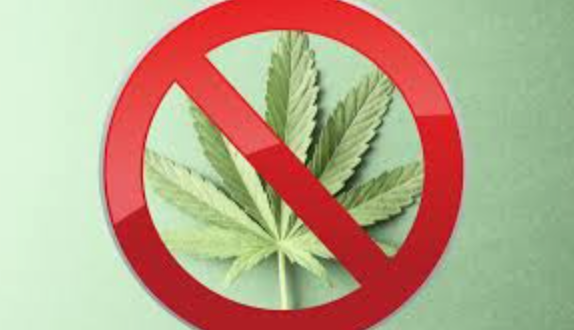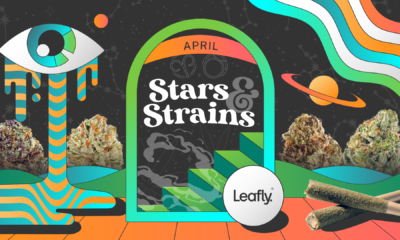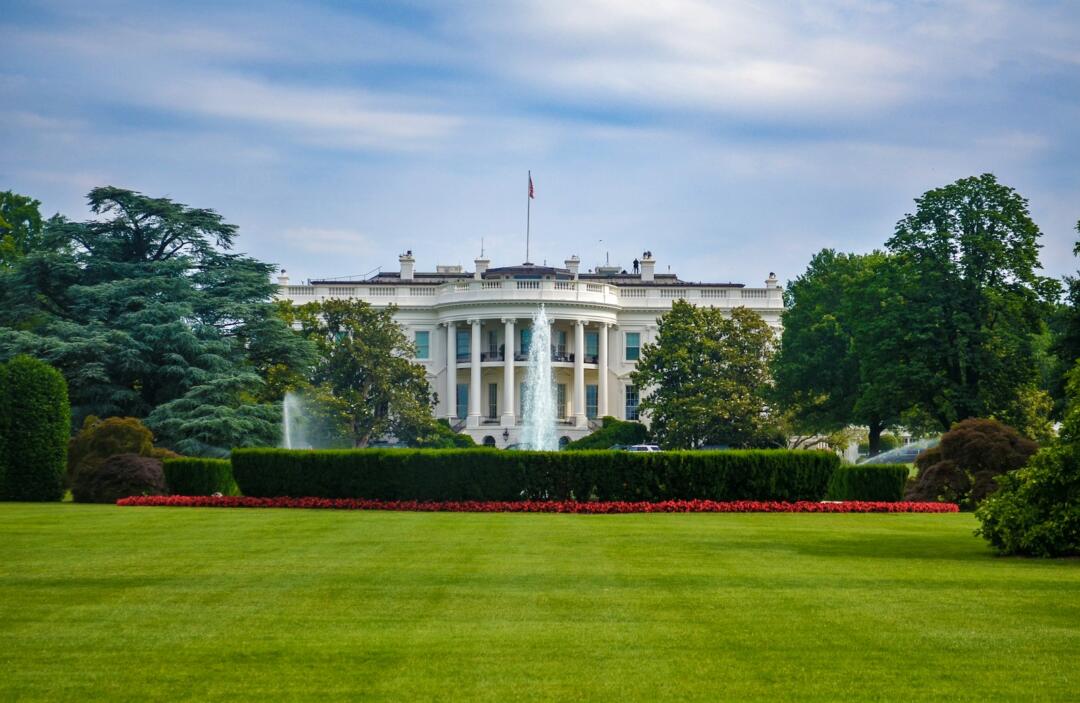Should the GOP Presidential candidate win the election, the Heritage Foundation will have influence on policy….what’s their stance on cannabis.
The marijuana industry potential survival hinges on the next election. Federal restrictions have hammed mom and pop business and the lack of tax benefits, which benefit other small business, has been brutal. Biden’s slow actions toward is promises have allowed the Drug Enforcement Agency (DEA) to delay their ruling on rescheduling until December, after the election. This gives the DEA some wiggle room on their decision. House Speaker Mike Johnson (R-LA) is taking Senator Mitch McConnell (R-KY) role in trying to stop the cannabis industry. He has made it clear to the DEA they should reject any help to cannabis. So, if the GOP candidate wins, what does it mean for cannabis? The Heritage Foundation has produced a plan for the future administration embraced by senior leaders, including VP candidate J.D. Vance who wrote an opening statement. So what their Project 2025’s take on marijuana?
RELATED: Vaping Could Have This Effect On Men
The Heritage Foundation, a conservative think tank founded in 1973, has consistently taken a strong stance against the legalization of marijuana. Their position is rooted in concerns about public health, safety, and social consequences. The Heritage Foundation has not stayed current in cannabis research or public opinion, but the plan lays out a clear roadmap of a complete change of government.

The American Medical Association, AARP, and the American College of Physicians are some of the organizations who believe marijuana has a legal role at the table since it provides medical benefits. Roughly 90% of the general public believes it should be legal in some form. The Veteran’s Administration has altered policy to support veterans with PTSD. The Heritage Foundation argues marijuana is an addictive substance with significant negative impacts on physical and mental health
While science and data among legal states have disproved the myths including about it being a gateway drug for the young, the Heritage Foundation clings to old tropes. They stand by the argument consumes leads to the consumption of harder, more dangerous substances. This perspective forms a crucial part of their opposition to legalization efforts.
They argue that legalization could lead to increased crime rates. Legal states have disproven this based on data and crime rates. An additional benefit has been the decrease in alcohol as people are relaxing with gummies.
RELATED: DeSantis Uses Hurricane To Damage Marijuana Initiative
The Heritage Foundation advocates for a comprehensive drug policy with strengthened law enforcement, treatment, and prevention and education. This align’s with House Speaker Mike Johnson’s stance.
The Heritage Foundation’s stance on marijuana legalization falls in with their broader conservative principles, emphasizing personal responsibility with a dash of government oversight. Their arguments continue to influence the ongoing debate surrounding marijuana policy in the United States.

 Cannabis News2 years ago
Cannabis News2 years ago
 One-Hit Wonders2 years ago
One-Hit Wonders2 years ago
 Cannabis 1012 years ago
Cannabis 1012 years ago
 drug testing1 year ago
drug testing1 year ago
 Education2 years ago
Education2 years ago
 Cannabis2 years ago
Cannabis2 years ago
 Marijuana Business Daily2 years ago
Marijuana Business Daily2 years ago
 California2 years ago
California2 years ago




























